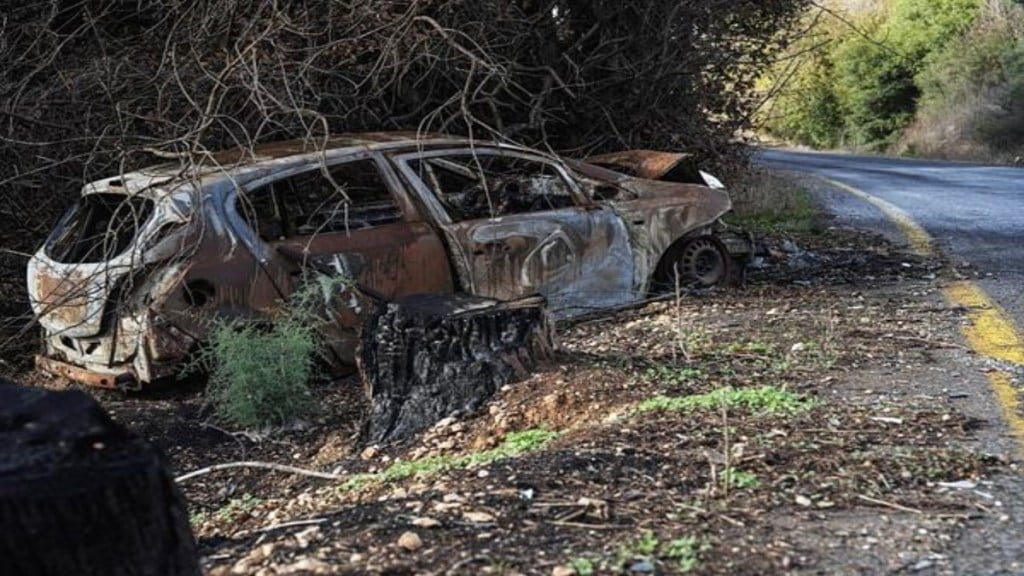Diplomatic efforts to end the ongoing conflict between Israel and Hezbollah face significant challenges, even as conditions appear favourable for a ceasefire agreement. The war, which has seen heavy casualties and extensive displacement on both sides, has intensified regional tensions and international calls for resolution.
Proposed Ceasefire Framework
The ceasefire proposal under discussion includes a two-month truce during which:
- Israeli forces would withdraw from southern Lebanon.
- Hezbollah would end its armed presence south of the Litani River.
- Thousands of Lebanese army troops, alongside UN peacekeepers, would patrol the border region.
Additionally, an international committee would monitor the implementation of the ceasefire and UN Security Council Resolution 1701, which was initially established after the 2006 Israel-Hezbollah war but never fully enacted.
While progress has been made, key questions about enforcement and implementation remain unresolved.
Israel’s Security Concerns
Israel has expressed reservations about the deal, insisting on guarantees that Hezbollah’s weapons be removed from the border area. Israeli officials also demand the right to conduct strikes in Lebanon if violations are suspected, a stipulation Lebanese officials reject as an infringement on their sovereignty.
An Israeli official noted that while talks are progressing in a “positive direction,” the freedom to strike remains a major sticking point. Hezbollah, through its leader Naim Kassem, has maintained that it will not accept any agreement that undermines Lebanon’s sovereignty or fails to ensure a complete end to hostilities.
Disputes Over Monitoring and Border Issues
Another area of contention is the composition of the international committee tasked with overseeing the ceasefire.
- Israel has reportedly dropped its opposition to France’s inclusion, acknowledging its historical ties with Lebanon.
- Lebanon, however, opposes Britain’s participation due to its strong alliance with Israel.
Additionally, Israel has resisted incorporating negotiations over 13 disputed border points into the ceasefire talks, further complicating the process.
Broader Regional Implications
A ceasefire between Israel and Hezbollah could significantly de-escalate tensions in the region and reduce the risk of direct conflict between Israel and Iran. However, unresolved issues risk broadening the war:
- Israel continues targeting Iran-linked groups in Syria to prevent weapons transfers to Hezbollah.
- There are concerns that ongoing hostilities could draw Iraq-based Iran-backed militias into the conflict.
The UN’s Syria envoy, Geir Pedersen, has warned that without ceasefires in Gaza and Lebanon, Syria risks becoming further entangled in the conflict.
The Human Cost of War
The war has taken a severe toll:
- Over 3,500 fatalities in Lebanon, many of them civilians.
- More than 70 Israeli deaths, including 40 civilians.
- Displacement of tens of thousands of Israelis and nearly a quarter of Lebanon’s population.
Southern Lebanon and areas south of Beirut have suffered extensive destruction, heightening the urgency for a resolution.
Uncertain Path Forward
Despite an initial wave of optimism, skepticism has grown, particularly after US envoy Amos Hochstein left the region last week without a deal. Many believe a ceasefire agreement may not be finalised before a new US administration takes office in January.
The ongoing negotiations underscore the complexities of resolving entrenched conflicts, where security concerns, sovereignty, and regional dynamics intersect, leaving both sides wary but eager to prevent further escalation.
(With AP inputs)

